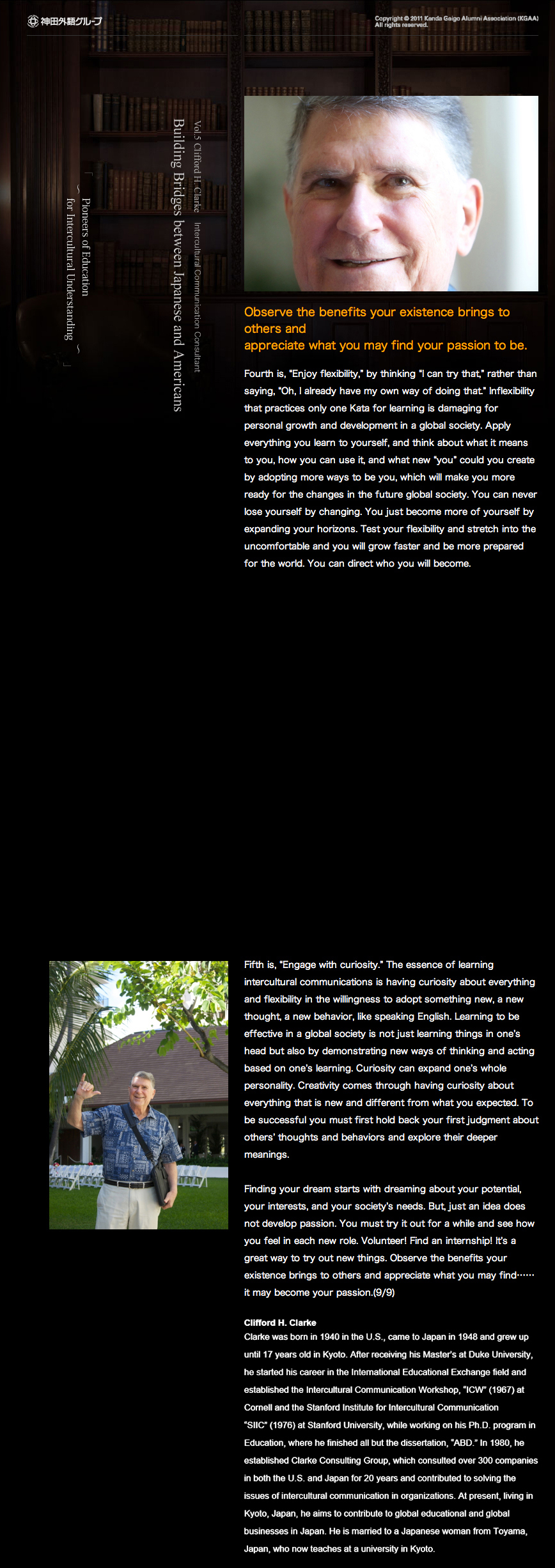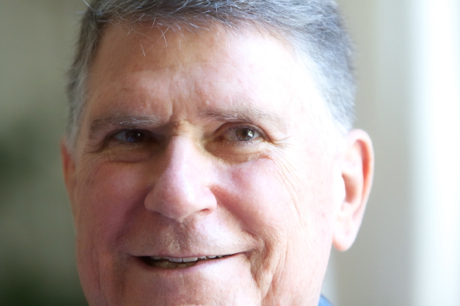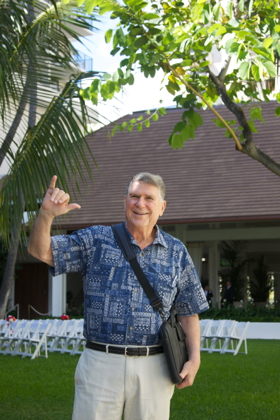

Copyright © 2011 Kanda Gaigo Alumni Association(KGAA). All rights reserved.

Fourth is, “Enjoy flexibility,” by thinking “I can try that,” rather than saying, “Oh, I already have my own way of doing that.” Inflexibility that practices only one Kata for learning is damaging for personal growth and development in a global society. Apply everything you learn to yourself, and think about what it means to you, how you can use it, and what new “you” could you create by adopting more ways to be you, which will make you more ready for the changes in the future global society. You can never lose yourself by changing. You just become more of yourself by expanding your horizons. Test your flexibility and stretch into the uncomfortable and you will grow faster and be more prepared for the world. You can direct who you will become.

Fifth is, “Engage with curiosity.” The essence of learning intercultural communications is having curiosity about everything and flexibility in the willingness to adopt something new, a new thought, a new behavior, like speaking English. Learning to be effective in a global society is not just learning things in one’s head but also by demonstrating new ways of thinking and acting based on one’s learning. Curiosity can expand one’s whole personality. Creativity comes through having curiosity about everything that is new and different from what you expected. To be successful you must first hold back your first judgment about others’ thoughts and behaviors and explore their deeper meanings.
Finding your dream starts with dreaming about your potential, your interests, and your society’s needs. But, just an idea does not develop passion. You must try it out for a while and see how you feel in each new role. Volunteer! Find an internship! It’s a great way to try out new things. Observe the benefits your existence brings to others and appreciate what you may find……it may become your passion.(9/9)
Clifford H. Clarke
Clarke was born in 1940 in the U.S., came to Japan in 1948 and grew up until 17 years old in Kyoto. After receiving his Master’s at Duke University, he started his career in the International Educational Exchange field and established the Intercultural Communication Workshop, “ICW” (1967) at Cornell and the Stanford Institute for Intercultural Communication “SIIC” (1976) at Stanford University, while working on his Ph.D. program in Education, where he finished all but the dissertation, “ABD.” In 1980, he established Clarke Consulting Group, which consulted over 300 companies in both the U.S. and Japan for 20 years and contributed to solving the issues of intercultural communication in organizations. At present, living in Kyoto, Japan, he aims to contribute to global educational and global businesses in Japan. He is married to a Japanese woman from Toyama, Japan, who now teaches at a university in Kyoto.